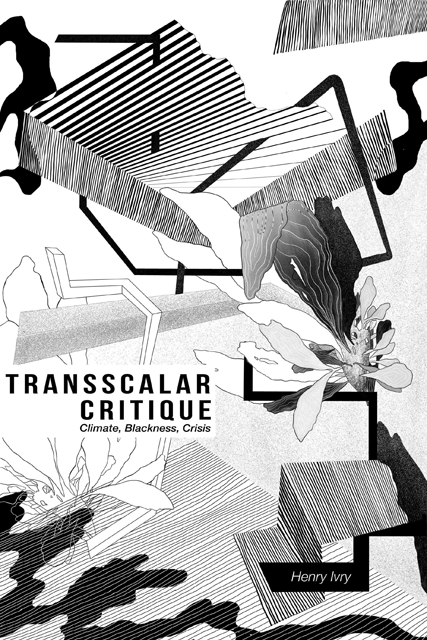Book contents
- Frontmatter
- Contents
- Acknowledgments
- Introduction: Ecologies of Crisis
- 1 Crisis Realism: Writing Economically, Thinking Ecologically
- 2 Global Weirding: Climate Crisis and the Anthropocene Imaginary
- 3 Transscalar Blackness: Race and the Long Anthropocene
- 4 Improbable Metaphor: Jesmyn Ward and the Asymmetries of the Anthropocene
- 5 Unmitigated Blackness: Paul Beatty’s Transscalar Satire
- Works Cited
- Index
1 - Crisis Realism: Writing Economically, Thinking Ecologically
Published online by Cambridge University Press: 13 April 2023
- Frontmatter
- Contents
- Acknowledgments
- Introduction: Ecologies of Crisis
- 1 Crisis Realism: Writing Economically, Thinking Ecologically
- 2 Global Weirding: Climate Crisis and the Anthropocene Imaginary
- 3 Transscalar Blackness: Race and the Long Anthropocene
- 4 Improbable Metaphor: Jesmyn Ward and the Asymmetries of the Anthropocene
- 5 Unmitigated Blackness: Paul Beatty’s Transscalar Satire
- Works Cited
- Index
Summary
Senator, you asked me my opinion as an economist, but unfortunately this is a matter for psychology.
Benjamin Bernanke, testifying to Congress on the subprime mortgage crisis
We establish tribunals to judge offenses and crimes; we seek to say who the culprit is. Who? A question in the singular. It’s precisely that one I’m abandoning for another, rarer, that we never pose, in the plural.
Michel Serres, BiogeaIn January 2011, the Financial Crisis Inquiry Commission (FCIC), headed by Phil Angelides and made up of four Republican appointees and six Democrats, submitted The Financial Crisis Inquiry Report to Congress. The report begins with a brief outline of its aims: “This report endeavors to expose the facts, identify responsibility, unravel myths, and help us understand how the crisis could have been avoided. It is an attempt to record history, not to rewrite, nor allow it to be rewritten” (xv). Although this passage scans as standard introductory fare, there is a generic logic that underpins it. In its prefatory material, the FCIC is laying out a very clear understanding of the 2008 subprime mortgage crisis. The 2008 global financial meltdown that brought the world economy to its knees, it argues, has been shrouded in “myths,” and it is now, with the 20/20 vantage of hindsight, time to “identify responsibility.” The FCIC continues: “The crisis was the result of human action and inaction, not of Mother Nature or computer models gone haywire […] To paraphrase Shakespeare, the fault lies not in the stars, but in us” (xvii). What becomes increasingly clear, as this preface continues, is the scale of crisis. At the root cause of the 2008 financial crisis, the FCIC argues, are individuals that can be held responsible. Tethered to this mode of reading is a formal conceit. The report seeks to “explain in clear, understandable terms how our complex financial system worked, how the pieces fit together, and how the crisis occurred” (xii; emphasis added). The FCIC wants to leverage “clear, understandable” diction to get to the heart of the subprime mortgage crisis.
What is suggested by the FCIC in these opening pages is a twofold understanding of crisis. First, there is the scale at which it wants to read the crisis. There are individuals who are responsible, not, as the Shakespeare citation suggests, cosmic forces.
- Type
- Chapter
- Information
- Transscalar CritiqueClimate, Blackness, Crisis, pp. 43 - 75Publisher: Edinburgh University PressPrint publication year: 2023



